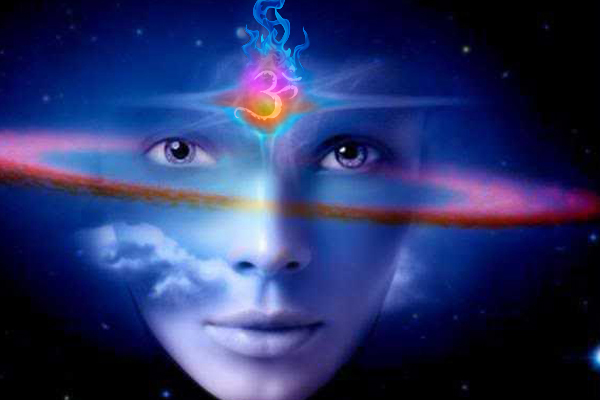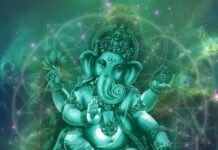Our Present Crisis as a Species
We live in an ecological era in which we can no longer ignore, exploit or harm our natural environment without significant consequences to our own lives, and to our future as a species. The covid pandemic is one sign of this danger along with climate change and the damage to our natural environment that we have wrought by our exploitation of nature’s resources.
By David Frawley
Over the past several centuries since the industrial era and rapid growth of the human population we have disrupted and polluted our biosphere in a fundamental manner. Our information technology era today has become aware of the problem, but has yet to arrive at a fundamental solution to this complicated issue and often contributes to it.
The Human Being and the Cosmic Being
In the Vedic view, the human being is a manifestation of the Cosmic Being. We are not just products of our society, we are linked to the universe as a whole. The Cosmic Being, called Purusha in the Vedas, is the consciousness behind the entire universe, of which all creatures and all worlds form its various cells, limbs and organs, much like the cells, limbs and organs of the human body. In other words, the human being is a manifestation or replica of the greater universe in a miniature or individualized form in time and space.
This Comic Person or Purusha can potentially manifest itself through the human being, linking us back to our universal origins. Yet for that to occur we must return to the core of our being and the highest potential of our species, which is one of Self-realization, the discovery of the Self-aware universe within us as our true nature.
This unity of the individual Self or Jivatman with the universal and transcendent Self or Paramatman is the foundation of Vedic thought, such as examined in Yoga and Vedanta. Great Rishis and Yogis have achieved that state of unity with the Cosmic Being and taught that to others in a continual line of instruction for thousands of years in India.
Yoga in its true sense aims at the unification of the individual with the universal being, the Purusha mentioned in the Yoga Sutras as its goal. Vedanta aims at the unification of the individual Self (Jivatman) with the universal Self (Atman). For this various purpose various sadhanas and meditation practices are recommended on an individual level, rooted in the study and application of various core texts or shastras, along with special lifestyle disciplines as in the Yamas and Niyamas of Yoga.
This means that we are ecologically interwoven with the entire universe, not just with nature on Earth but with all the forces of time, space, energy, life and mind in the cosmos. There is an interdependence of all life and an underlying unity to all existence. We have a potential inner connection to Cosmic Intelligence, far more transformative connection than to any internet or media system that we have created, or any collection of human based historical knowledge.
Discovering the Universal Self
How then do we discover that inner Self, Atman or Purusha, which takes us from the individual to the universal, from the human to the cosmic? This transformative process must begin with a responsible ecological way of life at personal and collective levels, including respecting and not interfering with or exploiting any of nature’s ecosystems on this planet. We must learn to look upon all ecosystems as part of our own greater being and consciousness, not as something on the outside or apart from us.
The additional advantage of this cosmic view is that it also aids in the evolution of consciousness in our species, and the unfoldment of a higher intelligence within us at both individual and collective levels as the root of fulfilling our right role as an intelligent species on the planet on our planet.
We must recognize the organic unity of the whole of life of which we are part of, much like the organic unity within our own human body. As such, we must learn our proper role in the cosmic order, not just in our human society, which is to serve the whole of life and nature and care for it as we would our own home and family, which it actually is!
The view of the ancient Vedic Rishis was to root our civilization in this higher cosmic vision. We need this more than ever in our global technological age.
This article first appeared in www.vedanet.com and it belongs to them.








